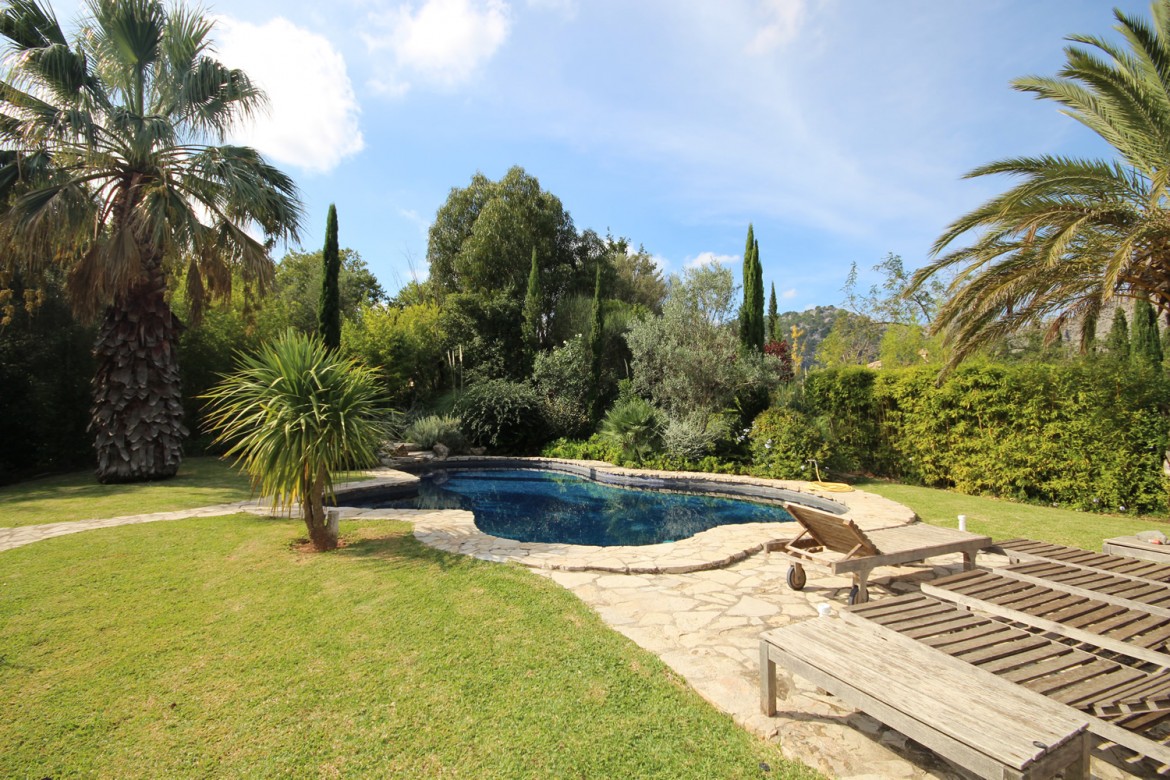
Investing in real estate overseas, in a foreign country is a huge financial commitment and liaising with local bureaucracy in Spanish and Catalan is no small feat.
In order to make the process easier for you and ensure you are doing it right, investing well in real estate should be undertaken with the help of professional property experts.
Spain is a hugely bureaucratic nation with a large civil service that makes any legal process all the more complicated and long winded.
Added to this is the fact that Mallorca is part of the autonomous community of the Balearic Islands and as such functions separately and bilingually in Spanish and Catalan.
Thus, the buying process can be exasperated and become infuriating if tackled alone.
Unless you are fluent in Castilian Spanish and Catalan, you will need an English speaking property agent around to help.
A good portfolio, expertise in the investment and buying process and a thorough knowledge of the real estate market in the area is invaluable at this point.
The good news is that property agents tend to be very localised and specialise in a small area or niche market, which means that as long as you are clear what you are looking for, your agent will be able to find it for you.
Property agencies are also providers of English speaking lawyers, notaries and architects as well as building and maintenance firms, and able to advise on refurbishments and possible holiday lettings.
By having an agent at hand to coordinate the investment process overseas, you can buy property in Mallorca from your home in the UK and fly over for selected house viewings and then later for the contract signing, and thus avoid endless expensive and time consuming trips to the island and saving you money.
There are legal fees, notary fees, property register fees and agency fees.
In order to help you with the purchase contract, payments and registration involved in investing in property in Mallorca you may require the help of a property lawyer, ideally one that is fluent in English.
Make sure your chosen lawyer is registered with the Legal College, the Colegio de Abogados. There will be a lawyer that works closely with your real estate agency of choice, and as long he or she is fully registered there should be no question of a conflict of interests. Of course, it is wise to check their legal fees first.
The notary will ascertain and ensure that the property purchase is legal and complies with all government regulations, and will bear legal witness and approve the property deeds (escritura) and then assist in registering it.
In order to invest in real estate overseas in Mallorca or anywhere in Spain, you will need to get a NIE number.
A NIE number is essentially an identity number for foreigners, and is required for Spanish property tax payments and in order to identify you as a foreign citizen within Spain.
You need a NIE number to:
Once you have bought real estate overseas you will want to spend time in Mallorca.
If you are planning on spending any more than 90 days a year on the island you will need to become a resident.
You have your NIE number which you will require to become a resident.
Your gestor can do the rest.
Or if you are feeling brave and patient, you can do the paper work yourself. Be warned however, it does involve several trips to the the Department of Immigration (Extranjería) in Palma de Mallorca, with many hours in long queues.
If you choose to spend more than 183 days a year in Spain, and not necessarily consecutively, you will be considered a Spanish resident and liable for Spanish tax, and will be required to submit a tax return in June.
You will need a tax advisor for income tax, wealth tax, national and international property and other smaller taxes.
Our Office in Puerto Pollensa
+34 971 86 57 67You can find us in Paseo Saralegui 48
07470, Puerto Pollensa
Our Office in Puerto Alcudia
+34 871 114 800You can find us in Carrer dels Mariners 8
07400, Puerto Alcúdia

